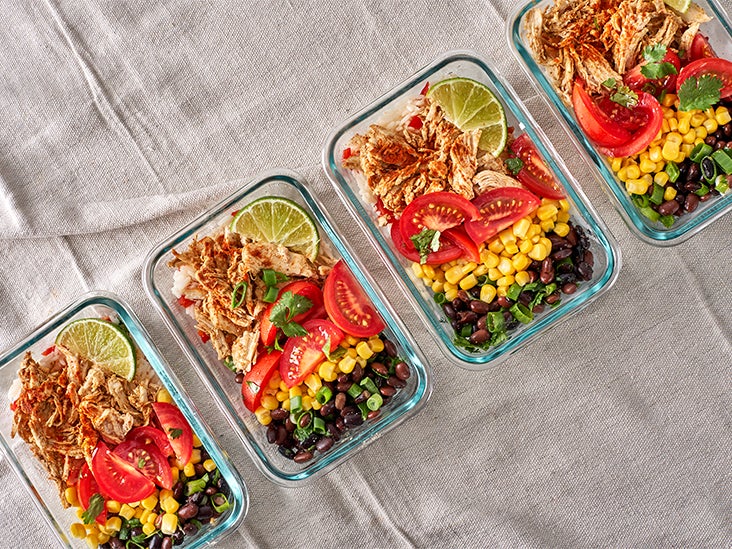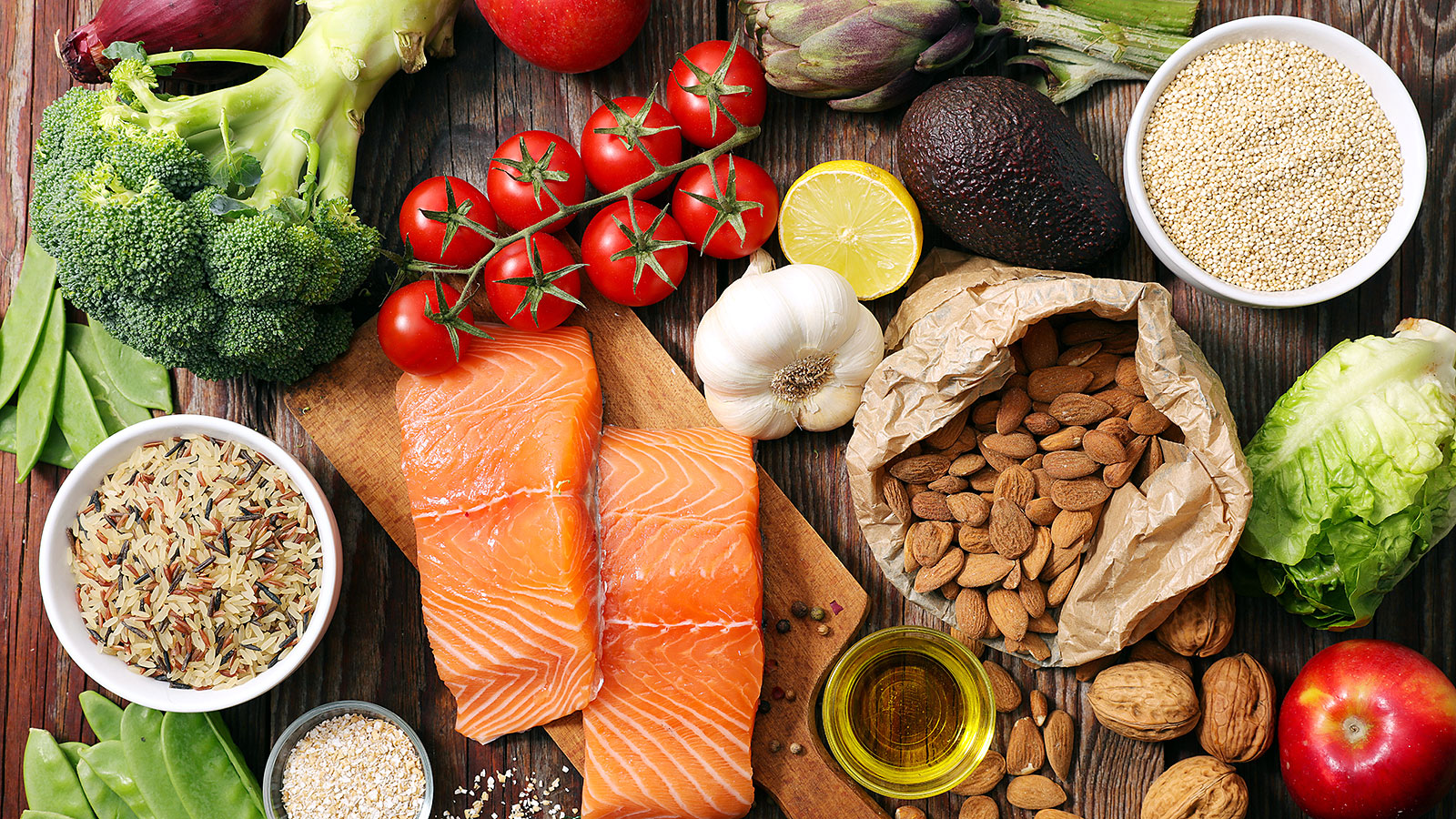Meal Prepping and Portion Control
What is Meal Prepping?
Meal prepping involves the process of planning and preparing meals or dishes ahead of schedule. It is especially popular with busy people because it can save a lot of time. Having prepared meals on hand can also reduce portion sizes and help you meet your nutritional goals. This way, you avoid unhealthy options like TV dinners or takeaways, especially when you are overwhelmed or exhausted. And because it requires you to determine what to eat in advance, meal preparation can lead to more nutritious food choices in the long run.

Despite what people may think, there are several ways to prepare food, not all of which involve spending an entire Sunday afternoon cooking the dishes for the next week. You can choose the appropriate methods that suit your needs.
Food for Meal Prepping
Frozen vegetables: Peas, broccoli, cauliflower, Brussels sprouts, green beans, vegetable pasta, cauliflower pizza crust, vegetables with rice, vegetable tater tot
Lean Protein: Frozen or canned seafood, eggs, unsweetened Greek yogurt, low-sodium cottage cheese, grated cheese, tofu, lean cuts of chicken, turkey, beef, pork
Whole Fruit: Apples, bananas, oranges, clementines, plums, peaches, pears
Nuts and Seeds: Almonds, walnuts, peanuts, pumpkin seeds, chia, flax

Prepping Meals and Weight Loss
Eliminate the Urge to Eat - Portion sizes and your ability to prepare healthy meals on time eliminate the urge to eat. When you don't eat much and eat only healthy meals, you drastically cut your calorie intake from your daily menu. Find out what's in your food: preparing healthy meals gives you total control over the ingredients you want on your menu. Eliminate added sugars, processed fats, unhealthy flavors. These ingredients contribute to weight gain.
Personalized Meals Based on Your Diet - Whether you choose to go 100% plant-based or low carb or paleo, meal prep adapts to any diet plan that suits your needs. You can use it based on your taste preferences, dietary restrictions, and calorie needs.
Less Frequent Takeout Meals: Meal prep is a great weight loss game changer because you can plan your meal ahead of time. Having a healthy meal prepared with you, you're less likely to have a high-calorie cheeseburger and fries for dinner. Cut down on calories, unhealthy foods, and even unnecessary expenses.
Food Diary Compatible: If you keep a food diary to keep track of what you eat, meal prep is a suitable counterpart. Makes it very convenient to measure food and keeps track of what you eat throughout the day. It is a particularly important habit that teaches you to follow your diet.
Cleaner meals, healthier ingredients, and the ability to include a wide variety of foods make this an excellent ally for weight-loss efforts. Research shows that to achieve weight loss, you need to eat a mixture that includes fruits, vegetables, greens, whole grains, and healthy fats. Preparing a wholesome meal meets these needs and makes possible what would otherwise seem like an impossible feat.
If you have not been successful in a weight loss program, it could be because of your eating habits. Start meal prepping to lose weight; it can be a game-changer in your weight loss efforts. The planning is a great way to stick to home-cooked meals, reducing the hassle of portion sizes and calorie control that is critical to weight loss.
Consistency is the key to losing weight, and meal prep gives you the best chance!
What is Portion Control
Portion control simply is choosing a healthy amount of a particular food. Portion control helps you reap the nutrient benefits from food without overeating.

Portion control is essential because it helps you:
- Digest food easier
- Achieve or maintain a healthy weight
If you have cancer and on active treatment, it is generally not recommended to try to lose weight at this time. Talk to your healthcare team or registered dietician before changing your food choices.
- Stay energized throughout the day
- Check your blood sugar levels
Portion Control to Lose Weight
By dividing our food into portions and controlling the amount of food we put into our body, we can essentially take control over how much of our food will be stored as fat. And, if we eat with a calorie deficit, which means we eat less than our body requires each day to function, we can induce our body to use stored fat for energy, leading to weight loss. The more stored fat your body burns, the more weight it loses, up to a point, so we want to make sure we maintain a healthy and balanced diet while using portion control.

